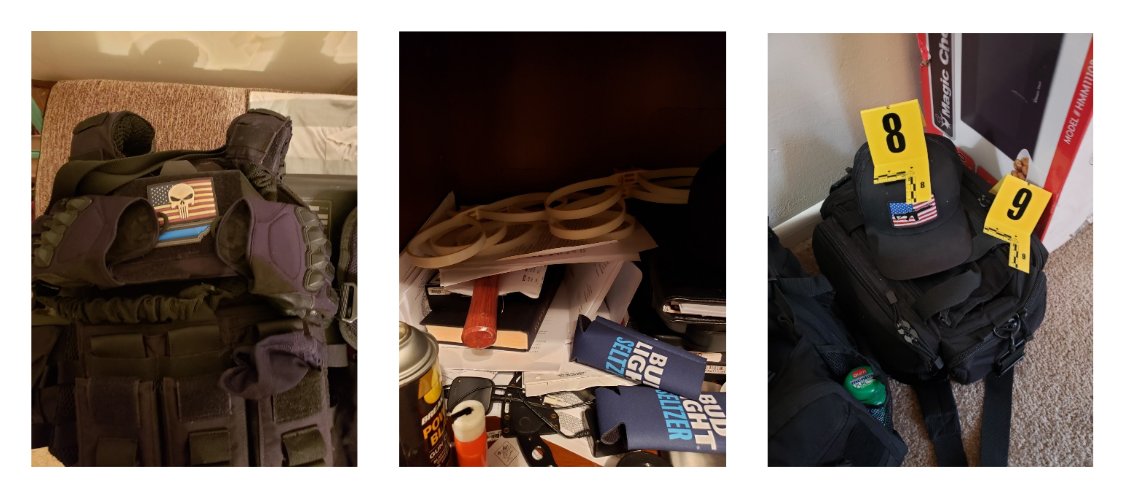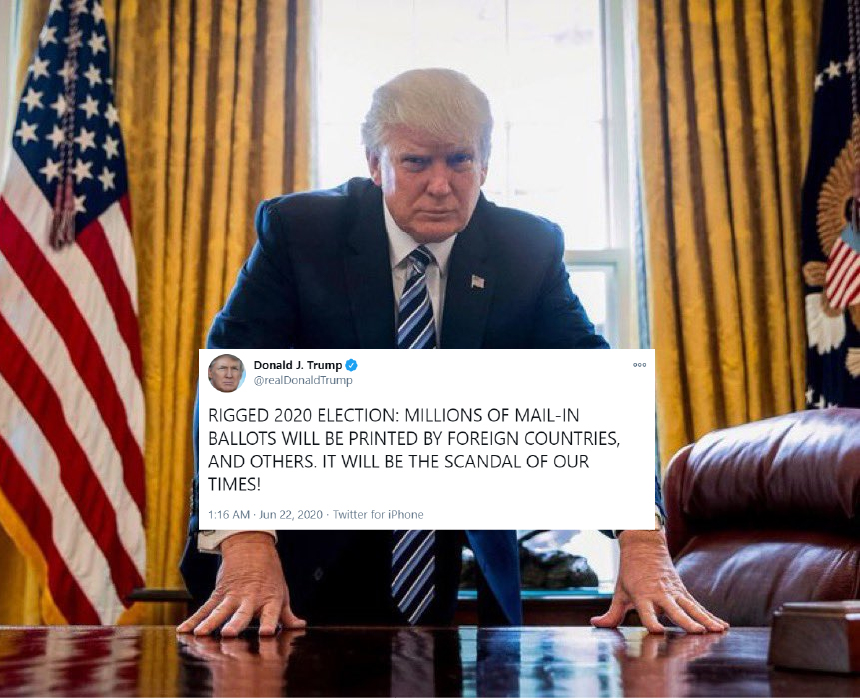And it's time for me to make good.
So, just before Christmas, Government what it called a "response" to this New York Times account of cronyism in pandemic spending.
And it's time for me to make good.

(1) Government cannot say the NYT got it wrong. (2) the NAO found the VIP lane (later renamed the high-priority lane) "sat alongside" the normal lane. And I have shown elsewhere VIP contracts were handled by different teams all the way through.
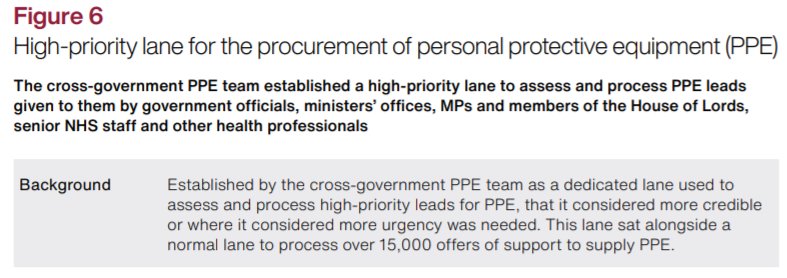
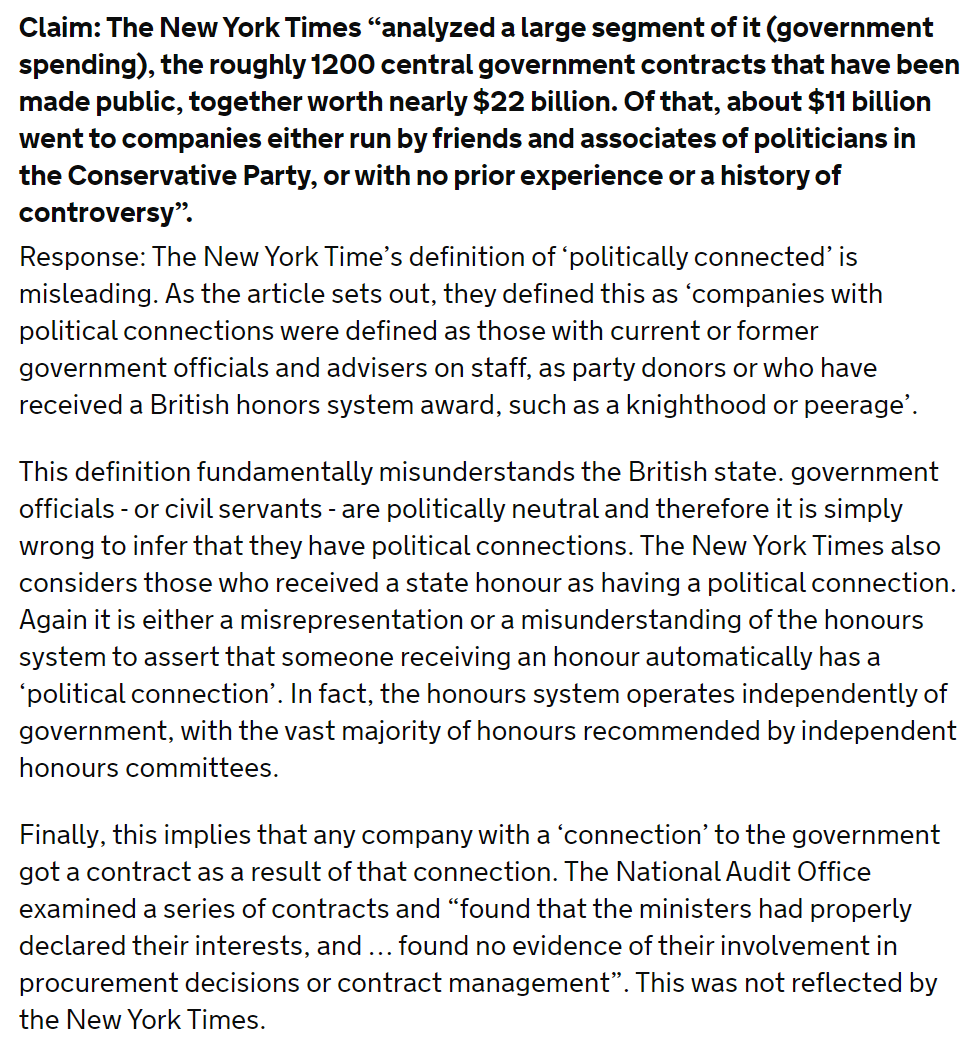
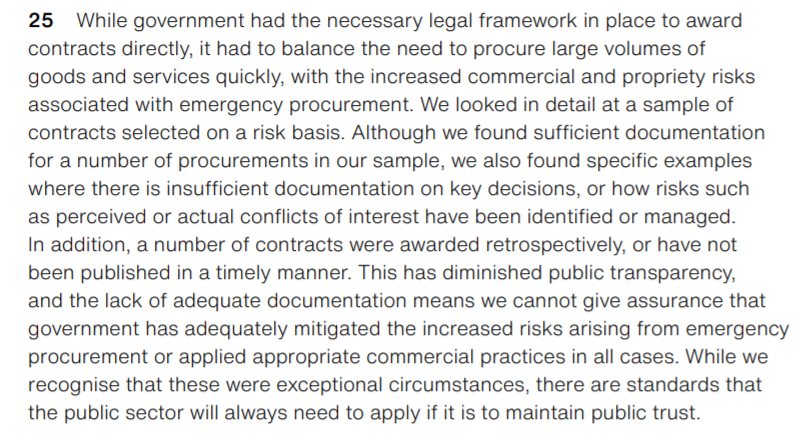
More from Jo Maugham
We need to talk about the 'expert' witness statement evidence led by Ms Bell in her successful case before the Tavistock. THREAD
You can see who gave evidence in her support from these extracts from the Tavistock's Skeleton Argument.
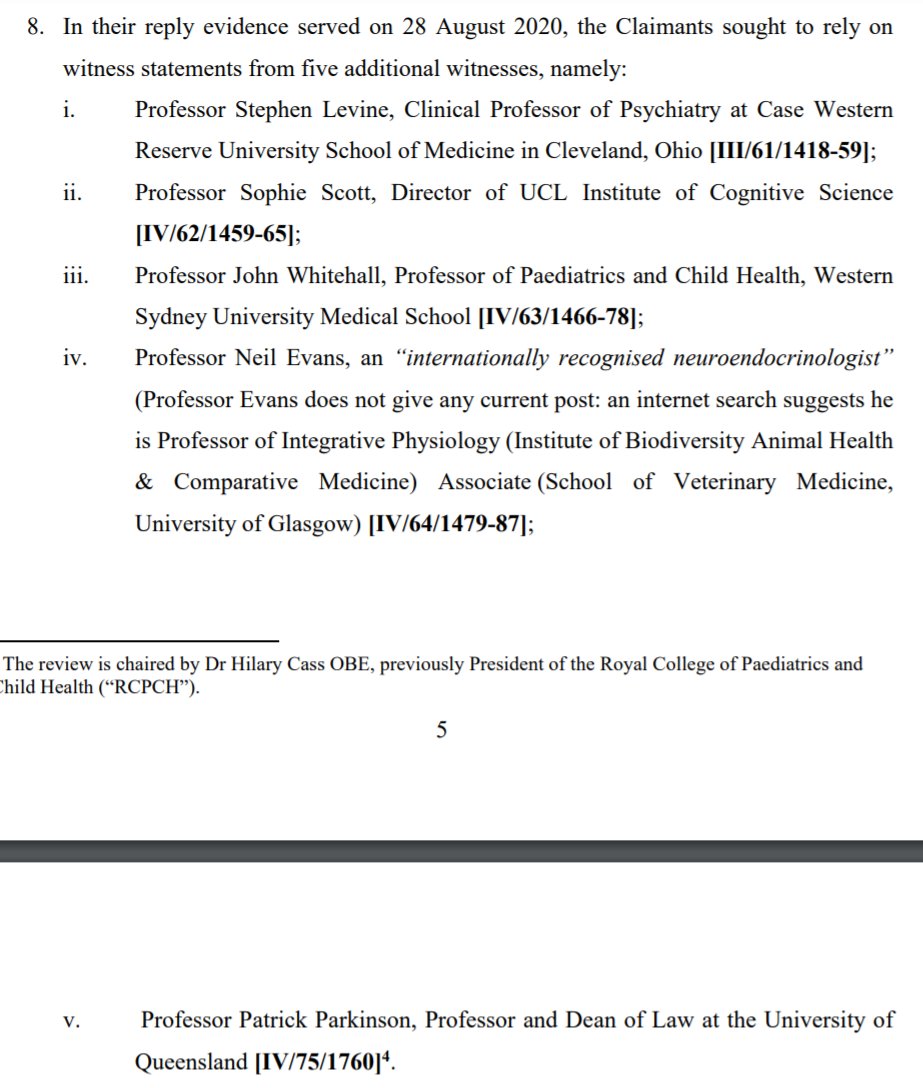
Helpful for you to bear in mind that her solicitor was a man called Paul Conrathe, who has a long association with the religious right in the US (I have talked about him a number of times but this is as good a starting point as any).
I am not going to address here other criticisms that might be made of the form in which that evidence was given or the timing of its service before the court. I am just going to address, in alphabetical order, the individuals whose evidence Mr Conrathe led on Ms Bell's behalf.
The first witness, alphabetically, was Associate Professor of Sociology at the University of Oxford, Michael Biggs.
Mr Biggs was exposed for posting transphobic statements online under a fake twitter handle: @MrHenryWimbush according to this report.
You can see who gave evidence in her support from these extracts from the Tavistock's Skeleton Argument.

Helpful for you to bear in mind that her solicitor was a man called Paul Conrathe, who has a long association with the religious right in the US (I have talked about him a number of times but this is as good a starting point as any).
In this thread, I noted the lawyer acting against the Tavistock, Paul Conrathe, is using very similar arguments (those under 18 cannot consent at all; or cannot lawfully consent without x conditions) as he has run/is running in a number of cases challenging abortion rights. https://t.co/gJk4c9bUED
— Jo Maugham (@JolyonMaugham) June 21, 2020
I am not going to address here other criticisms that might be made of the form in which that evidence was given or the timing of its service before the court. I am just going to address, in alphabetical order, the individuals whose evidence Mr Conrathe led on Ms Bell's behalf.
The first witness, alphabetically, was Associate Professor of Sociology at the University of Oxford, Michael Biggs.
Mr Biggs was exposed for posting transphobic statements online under a fake twitter handle: @MrHenryWimbush according to this report.
If you want to know what happens to populations living in austerity who trade with the US on WTO terms, take a look at Tonga. THREAD
I visited Tonga in 1981 and it was, like so many other Pacific Island nations, slowly adjusting to Westernisation. The people ate mostly fish and vegetables. /1
Now it has rates of Type 2 diabetes of up to 40%, life expectancy has fallen by 10 years and well over half the population is obese. So what happened? (stats https://t.co/1XQHdqL8o8) /2
What happened was that the US discovered that Tonga was a great dumping ground for a cheap and locally unsaleable product known as a Turkey 'tail', essentially a gland of 40-45% fat. /3
They were fatty and, because cheap, attractive to a poor population. By 2007, in another Pacific Island nation, Samoa, 20 kilos per person were being sold every year. But it banned them for public health reasons. https://t.co/2f1N8tuMp6 /4
I visited Tonga in 1981 and it was, like so many other Pacific Island nations, slowly adjusting to Westernisation. The people ate mostly fish and vegetables. /1
Now it has rates of Type 2 diabetes of up to 40%, life expectancy has fallen by 10 years and well over half the population is obese. So what happened? (stats https://t.co/1XQHdqL8o8) /2
What happened was that the US discovered that Tonga was a great dumping ground for a cheap and locally unsaleable product known as a Turkey 'tail', essentially a gland of 40-45% fat. /3
They were fatty and, because cheap, attractive to a poor population. By 2007, in another Pacific Island nation, Samoa, 20 kilos per person were being sold every year. But it banned them for public health reasons. https://t.co/2f1N8tuMp6 /4
More from Government
You May Also Like
"I really want to break into Product Management"
make products.
"If only someone would tell me how I can get a startup to notice me."
Make Products.
"I guess it's impossible and I'll never break into the industry."
MAKE PRODUCTS.
Courtesy of @edbrisson's wonderful thread on breaking into comics – https://t.co/TgNblNSCBj – here is why the same applies to Product Management, too.
There is no better way of learning the craft of product, or proving your potential to employers, than just doing it.
You do not need anybody's permission. We don't have diplomas, nor doctorates. We can barely agree on a single standard of what a Product Manager is supposed to do.
But – there is at least one blindingly obvious industry consensus – a Product Manager makes Products.
And they don't need to be kept at the exact right temperature, given endless resource, or carefully protected in order to do this.
They find their own way.
make products.
"If only someone would tell me how I can get a startup to notice me."
Make Products.
"I guess it's impossible and I'll never break into the industry."
MAKE PRODUCTS.
Courtesy of @edbrisson's wonderful thread on breaking into comics – https://t.co/TgNblNSCBj – here is why the same applies to Product Management, too.
"I really want to break into comics"
— Ed Brisson (@edbrisson) December 4, 2018
make comics.
"If only someone would tell me how I can get an editor to notice me."
Make Comics.
"I guess it's impossible and I'll never break into the industry."
MAKE COMICS.
There is no better way of learning the craft of product, or proving your potential to employers, than just doing it.
You do not need anybody's permission. We don't have diplomas, nor doctorates. We can barely agree on a single standard of what a Product Manager is supposed to do.
But – there is at least one blindingly obvious industry consensus – a Product Manager makes Products.
And they don't need to be kept at the exact right temperature, given endless resource, or carefully protected in order to do this.
They find their own way.




